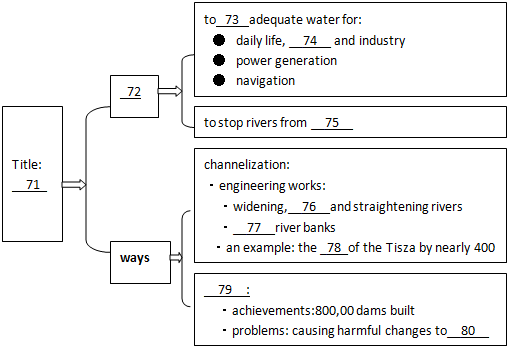16.Some towns in Libya,about 50% of factories and buildings were gone,lay in ruins.( )
| A. | which | B. | whose | C. | those | D. | in which |
15.The official______I thought would be seriously punished received a raise instead.( )
| A. | which | B. | whoever | C. | who | D. | whom |
14.weather( )
| A. | health | B. | breath | C. | north | D. | southern |
13.blind( )
| A. | police | B. | silent | C. | written | D. | physics |
12.usual( )
| A. | noisy | B. | sugar | C. | sailor | D. | pleasure |
11.Many students apply for a position at that company,but only a few _____.( )
| A. | are being accepted | B. | are accepted | ||
| C. | have accepted | D. | accept |
10.In addition to this traditional medical treatment,he tried to put himself in situations would bring about positive emotions.( )
0 135672 135680 135686 135690 135696 135698 135702 135708 135710 135716 135722 135726 135728 135732 135738 135740 135746 135750 135752 135756 135758 135762 135764 135766 135767 135768 135770 135771 135772 135774 135776 135780 135782 135786 135788 135792 135798 135800 135806 135810 135812 135816 135822 135828 135830 135836 135840 135842 135848 135852 135858 135866 151629
| A. | which | B. | where | C. | why | D. | as |
